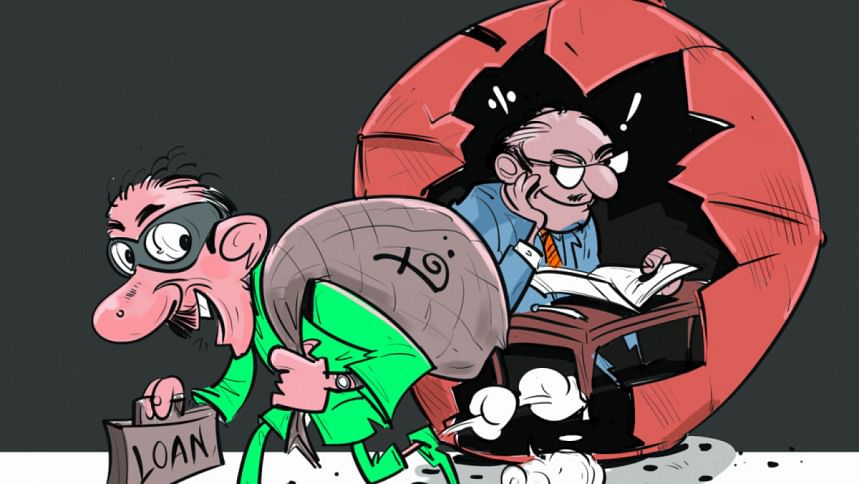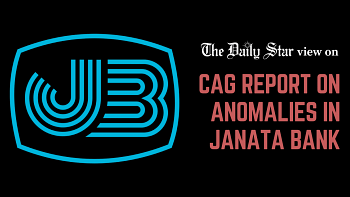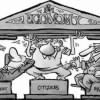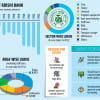Expose, punish willful loan defaulters

Business leaders have demanded that the identities of wilful loan defaulters be disclosed for public shaming and for punishing them.
This would help reduce the amount of non-performing loans, they said during a pre-budget discussion yesterday.
At the event organised by the Dhaka Chamber of Commerce and Industry (DCCI) at the Hotel InterContinental, they, however, said people who suffered losses and had become loan defaulters unintentionally should not be punished.
"If any business person becomes a defaulter due to the high-interest rate, the government should provide an exit path," said AK Azad, managing director of Ha-Meem Group and a lawmaker of Faridpur-3.
The banking sector's defaulted loans soared to Tk 1,45,633 crore in 2023, according to the central bank.
However, Azad, citing Chittagong University professor Moinul Islam, said the amount of default loan was about Tk 4 lakh crore.
He said there was a tendency to show bad loans as good loans in the books.
Azad also claimed that a Bangladeshi business person has recently moved around Tk 1,200 crore abroad, but action is yet to be taken.
"Bangladesh Bank revealed the scam, then why no action has been taken yet?" he said.
Mohammed Hatem, executive president of Bangladesh Knitwear Exporters and Manufacturers Association, said the same law is used for punishing wilful and unintentional loan defaulters.
Sometimes, Bangladeshi exporters land in trouble when foreign buyers become loan defaulters. But they are not treated as unintentional defaulters, said Hatem, adding that the government should think about a separate policy for them.
Md Habibur Rahman, deputy governor of Bangladesh Bank, said the country is under pressure due to external challenges and it is reflected in elevated inflation, unstable foreign exchange rate, and reserve management issues.
"The elevated inflation in particular is a headache for Bangladesh Bank," he said.
A high volume of non-performing loans and a lack of good governance are also major challenges, he said.
To tackle these challenges, BB has already made a roadmap through the financial company and bank company acts. "We will do it with a strong hand," he said.
Now there is no alternative to increasing interest rates to control inflation. Other countries around the world have made aggressive interest rate hikes for a long time.
"However, we have increased the interest rate very late considering the businesses."
He said many criticise the "SMART rate" and some even claim that it was introduced on the advice of the IMF and the World Bank. "That's not right."
Sheikh Mohammad Salim Ullah, financial institutions division secretary of the finance ministry, said the Bank Company Act has been amended to reduce default loans and that work was on to establish good governance in the banking sector according to the roadmap.
The condition of the banking sector will be better soon, he claimed.
Finance Minister Abul Hassan Mahmood Ali said the upcoming budget for 2024-25 will be encouraging for the private sector.
The private sector will be given importance in the budget, he said, hoping that the momentum of economic growth would continue.
Among others, Abu Hena Rahmatul Muneem, chairman of the National Board of Revenue, and Ashraf Ahmed, president of the DCCI, spoke at the event.

 For all latest news, follow The Daily Star's Google News channel.
For all latest news, follow The Daily Star's Google News channel. 







Comments